The two Korean leaders met each other last week. The North Korean leader, Kim Jong-un, expressed hope at the start of the summit that the outcome of the talks would be constructive.
A reporter at Tehran Times newspaper recently interviewed Tom Le, assistant Professor of Politics at the University of Panama, to further discuss the issue. Following is the complete text of the interview with Professor Tom Le.
North and South Korean leaders held a historic summit. What led the two countries to reach this point?
There are a few ways to look at this. First, one could argue that President Trump’s “maximum” pressure strategy has impacted North Korea. In addition, his fiery rhetoric towards South Korea and Japan concerning the alliances may have led the Koreas to fast track peace talks, just to take control of the situation. Second, one can imagine that now that North Korea has a working nuclear and ICBM program, they can enter negotiations with maximum leverage. Three, President Moon has always wanted to reengage with North Korea and seems to be successful in acting quickly. Four, North Korea is suffering domestically and the Kim regime may believe that it’s time to engage South Korea so it can shore up its economy. Fifth, luck.
The leaders of North and South Korea also pledged to "cease all hostile acts" amid a "new era of peace" after the summit. Kim Jong Un agrees to denuclearization of Korean Peninsula. Can they materialize these goals?
I think so, but this requires long term confidence building measures. People who expect denuclearization within a year are unrealistic. Moon wants to do it within his term, so within the next four years, which I think is still fast, but maybe possible. The big takeaway is they will be working towards denuclearization, which is much better than the rapid development that we saw just a month ago.
Trump gave the deal a cautious welcome, tweeting that "time will tell" if it leads to an end to nuclear missile tests. "The United States, and all of its GREAT people, should be very proud of what is now taking place," he added. What will be the impact of this summit on the decision of Trump on JCPOA?
This is my personal opinion, but I think Trump has to stick to the JCPOA or shore up its weaknesses. If he scraps it, there would be no incentive for North Korea to continue this denuclearization path. There would be no way they could trust the US. Today, Germany’s Merkel signaled that she would like the JCPOA to be improved. So many European countries and the international community can get Trump to stick to the deal if there is a supplementary deal attached.
What will the impact of this summit be on the security order in East Asia (impact on China and North Korea relations)?
I think this will have a very big positive impact because North Korea can be very destabilizing. On the other hand, North Korea has always been a convenient scapegoat. With that problem off the table, then the issues with China, historical distrust of Japan, and other issues may become bigger problems. I’ve theorized that East Asia is like a bracelet. There is a ring of relationships that surround North Korea, but not a cohesive NATO-like institution. For example, the US and Japan get along, Japan and Russia get along, Russia and China get along, China and South Korea get along, and South Korea and the US get along. But cross relations are not great unless it's to deal with North Korea.
Interview by: Fatemeh Mohammadipour
MNA/TT


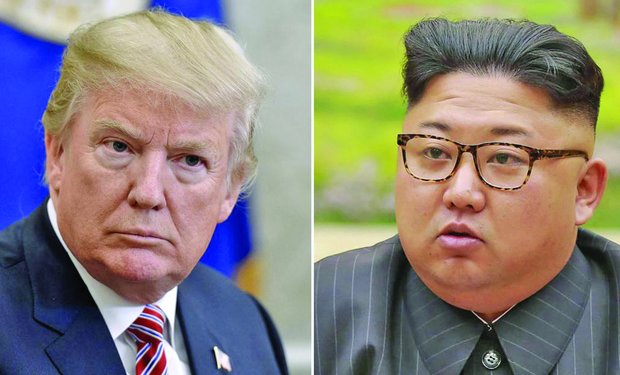

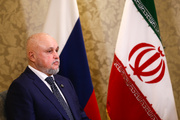




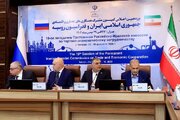

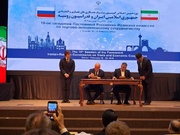











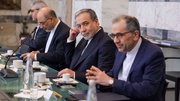
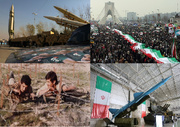
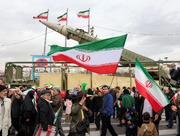
Your Comment